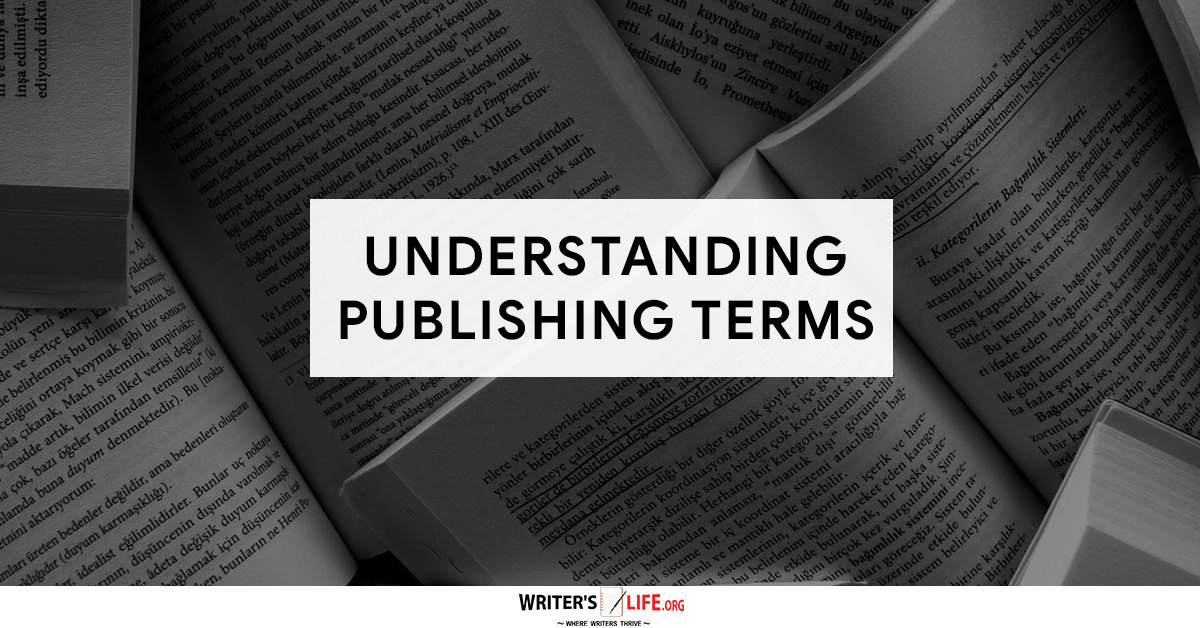- How To Tackle Jealousy In Creative Writing
- Common Submission Mistakes
- How To Stop Your Blog Becoming Boring
- The One Thing Every Successful Writer Has In Common
- How To Make Yourself Aware Of Publishing Scams
- Why Almost ALL Writers Make These Grammar Mistakes At Some Point
- 5 Tips For Authors On How To Deal With Rejection
- Top Mistakes to Avoid When Writing a Novel
- How to Avoid Common New Writer Mistakes
- 10 Mistakes New Fiction Writers Make
How to Turn Your Blog Into A Book

Share, Pin or Retweet If You Love Writing!
The idea of writing a whole book can be pretty daunting. Even if you’re a fairly experienced writer, you might think it’s beyond you.
But if you’ve been blogging for a few months or years, you may have already written enough to fill a book. Turning your blog into a book is an increasingly popular option. (If you’re using WordPress, the Word Stats plugin is a simple way to check your cumulative word count.)
Creating a book is straightforward and not especially expensive, with e-publishing and print-on-demand technology. Here are three reasons why bloggers do it — and why you might want to give it a try:
1. Books Reach a Different Audience
Not everyone reads blogs. Maybe they’re not especially comfortable with technology, or they only have internet access while at work, or they simply prefer to read in other formats.
And those who do read blogs might never have come across your personal corner of the busy blogosphere.
Books can reach a different audience — potentially becoming a tool for promoting your blog, or even your writing services.
2. Books Have a Certain Credibility
While it’s true that, today, anyone can publish a book (just as anyone can start a blog), books have a certain credibility.
Being able to tell your audience that you’ve written a book, or including your book in your bio when you’re guest posting or speaking, can give you instant “expert” status in their eyes.
Of course, if you’re going to look credible, it’s important to have a well-editedand well-produced book … which we’ll be getting to in a moment.
3. Books Give Your Content a New Life
If your blog’s been running for a while, there’s a good chance that most of your current readers missed out on your early content.
While your archives, categories and search box can all help them find your earlier writing, you almost certainly have some brilliant posts going unread in your blog’s archives.
By pulling together your blog content into a book, you can give it new life. Instead of skimming through your latest post in their inbox, your readers can curl up with their ereader or a hardcopy of your book and dig in.
Is the blog-to-book journey starting to sound like one you want to take?
I’ve bought quite a few books and ebooks in my time that started life as blog posts, and I’ve also been going through the blog-to-book process with my client and friend Barry Demp. He’s just published his new book The Quotable Coach: Daily Nuggets of Practical Wisdom — a compilation of posts from the past two years of his blog, The Quotable Coach.
If you feel ready to self-publish, here are the three major steps that we recommend you follow:
1. Compile and Edit Past Blog Posts
Before your blog can become a book, you need to get all your posts into one place — probably a document on your computer, whether you choose to use Microsoft Word, Scrivener, Google Docs or another tool.
The good news is you almost certainly don’t have to copy and paste your blog posts one by one. If your blog runs on WordPress, simply use the Export to Text plugin to download a document containing every post.
You’ll need to go through and format your post titles in Heading 2, so that when you convert your document to an ebook, these can become chapter headings.
You’ll almost certainly also want to do some editing: perhaps updating out-of-date references, fixing typos, or even adding or removing whole paragraphs.
You may also find that you need to remove some posts. This could be posts that:
- Were specific to a particular time, such as the 2012 Olympics or your New Year’s Resolutions for 2013.
- Are much shorter than average — perhaps a post for a special promotion of your book.
- Don’t match up to your usual standards; we found ourselves deleting several early posts that were written before we’d quite found our stride.
Are you trying to get that book finished but are struggling with finding the time or inspiration to get it done? If so you might benefit from the advice in The Get It Done, Writer's Toolkit. (CLICK HERE TO GET IT! This is an ebook/audio CD combo set that teaches writer's discipline. You will learn how to overcome writer's block and procrastination.
2. Line Up Beta Readers and Reviewers
However strong your editing skills are, you’ll want to have some extra eyes on your finished book. Ideally, this means hiring a paid editor — but if that’s not affordable, ask friends, family or colleagues to help out.
These beta readers (like beta testers in the software world) could read just part of your book and let you know about any problems they spot — from typos and missing words to structural issues. Do try to give them as much advance notice as possible, and at least a couple of weeks to get feedback to you.
Beta readers may well also be willing to review your book (though you’ll probably want to approach other individuals for reviews too). Reviews or testimonials are a hugely important selling tool, especially as you’re publishing your book yourself rather than with a major publisher.
Again, give reviewers plenty of time, and stay in touch as your launch date approaches. Once your book is online and ready for reviews, send them the link (and brief instructions) so they can easily leave a review.
If you have always want to self-publish you can find out everything you need to know with Writer's Life "How to Get Published, Sell Books & Attract Tens of Thousands of Readers by Selling Your Content on Amazon’s Kindle” (CLICK HERE), which is a webinar that we put together that teaches writers how to publish to Amazon's Kindle Directory and also market, promote and sell their work.
3. Get a Professional Cover Design
If you’re going to invest in just one thing for your book, go for a great cover design. Like it or not, we all judge books by their covers — and if yours screams “amateur,” your book is unlikely to get a second glance.
We went with 99designs to get a range of different options from many different designers at a great price. You might instead choose to work with an individual designer (especially if they’ve already done some work on, say, your website or logo). You may even be able to barter design for writing with an artistically-minded friend.
If you really have no option but to create the cover yourself, keep it simple and classy: think “minimalist.” Use large fonts that can be easily read at thumbnail size, and stick with just one key image.
This post by Ali Luke was originally published with the title Blog to Book: Why (and How) to Turn Your Blog into a Book at http://thewritelife.com/blog-book-turn-blog-book/





























